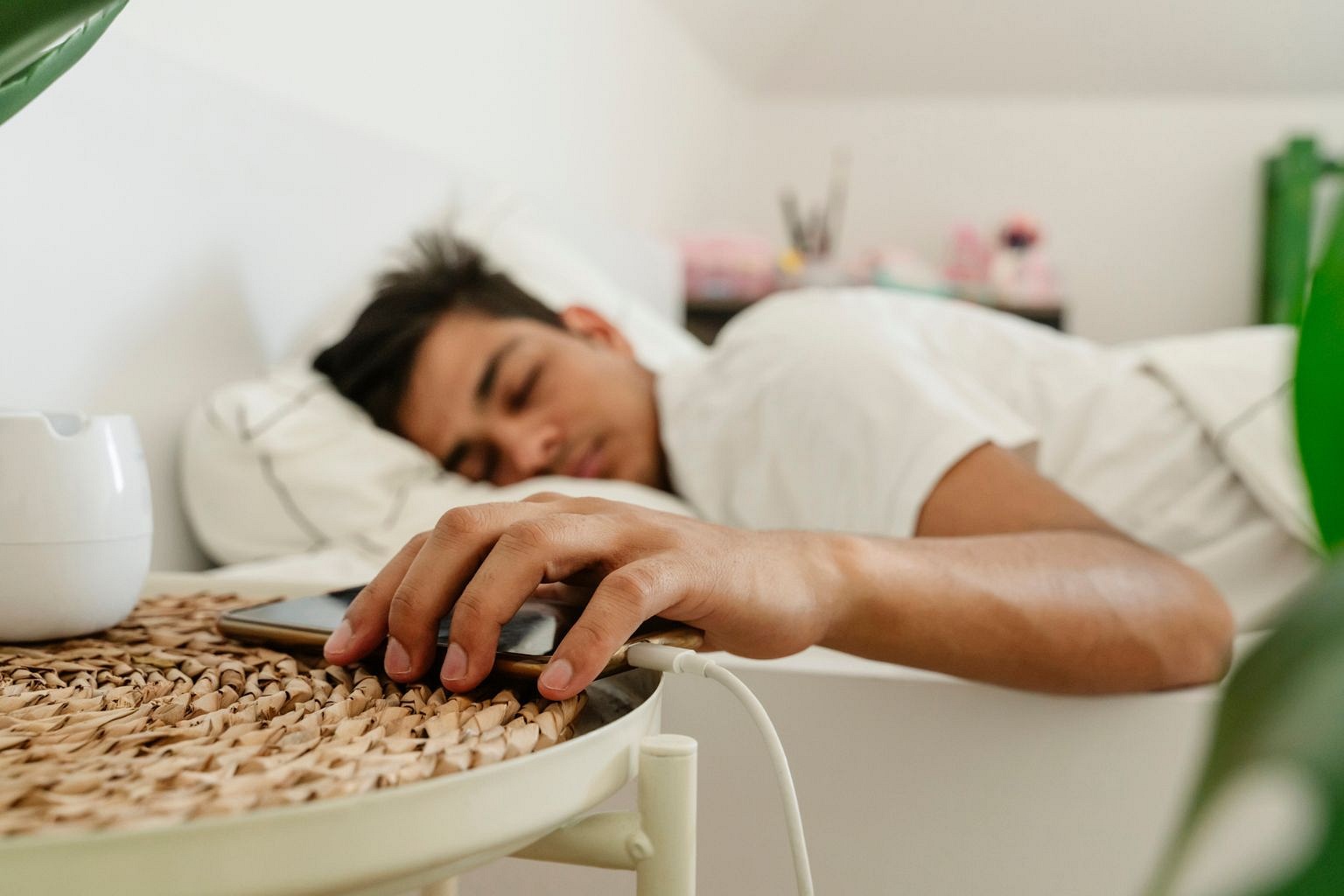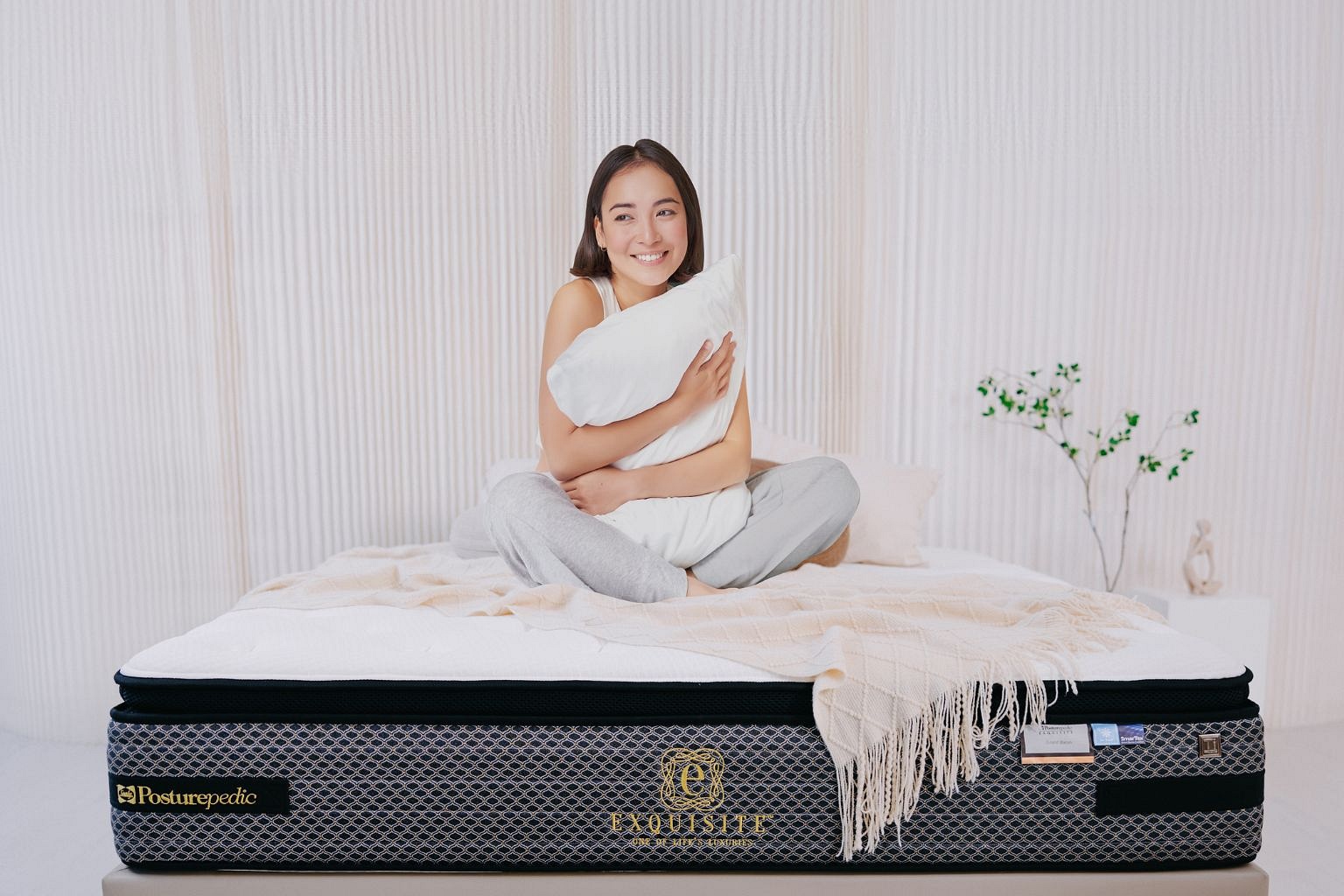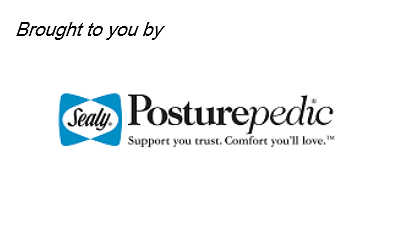When you woke up this morning, did you feel a twinge in your lower back? Did you also find yourself massaging your neck or shoulders as you prepared for the day?
If you are under 35 and experiencing these symptoms, you are part of a growing trend that is raising concern among health professionals.
One in two respondents reported waking up with back pain, according to the Sealy Posturepedic Global Sleep Census 2024. The survey included over 1,000 Singaporeans as part of a broader study into sleep habits.
Contrary to what most might think, back pain does not just affect older folks. While 50 per cent of Singaporeans experience this issue overall, the number rises to 60 per cent for those aged 18 to 34.
Adult and paediatric spinal surgeon Robert Labrom says these pains and aches are often a result of sleep issues, and that they are “very much related to back pain and muscular discomfort both in the lower back and in the cervical and shoulder blade regions”.
These sleep issues often arise for various reasons – from poor sleep quality to long working hours and excessive device use. Inadequate mattress support, in particular, can exacerbate matters significantly.
The sleep-pain connection
It is no secret that Singaporeans have long had a reputation for being chronically sleep-deprived. Findings from the Sealy Global Sleep Census further reinforce this trend, painting a picture of a nation of people not only not sleeping enough, but also not sleeping well.
The census revealed that 93 per cent of Singaporeans reported not waking up feeling refreshed or well-rested most mornings.
Nearly half of those surveyed, 48 per cent, reported sleeping only six hours or less per night. This falls short of the seven to nine hours recommended for healthy adults. Additionally, 72 per cent of Singaporeans work more than 40 hours a week, one of the highest rates globally, contributing to increased stress levels.
Besides simply not getting enough sleep and having a stressful day job, many also have bad sleep hygiene or habits that affect sleep quality. These can include drinking coffee too late in the day, having heavy meals too close to bedtime and drinking alcohol before going to sleep.

There’s also bad news for those who like to scroll before sleep. The survey found that those who used a device for entertainment, such as social media and messaging before bed, were also more likely to report problems with their sleep. For example, up to 94 per cent of those who left their mobile devices close to their bed did not wake up feeling refreshed.
While a lack of sleep in the short term can affect judgement, mood and the ability to learn and retain information, chronic sleep deprivation has far more serious consequences – such as long-term impact on health and corresponding problems such as obesity, diabetes, cardiovascular disease and even early mortality.
If you find yourself constantly feeling exhausted, it is critical to take a closer look at how these sleep issues can be resolved – starting with your lifestyle habits and sleep environment.
Breaking the cycle
There are easy habit fixes that can make an immediate impact on your sleep quality, such as limiting caffeine and alcohol too close to bedtime. Other lifestyle changes, such as having a consistent bedtime even on weekends, maintaining a regular exercise routine, and avoiding social media before going to sleep, may require more discipline.
One’s sleep environment is also just as critical to achieving good sleep quality. This means having your bedroom be as comfortable as possible, with cool room temperatures and minimised sound or light distractions – and most importantly, ensuring you are sleeping on a mattress that provides adequate support.
According to the Sealy Global Sleep Census, 31 per cent of Singaporeans who sleep on a mattress over 10 years old reported feeling tired when they wake up. If you have been using your mattress for over a decade, it is likely no longer supportive enough for your nightly slumber. Other tell-tale signs that your mattress is due for a refresh: it is sagging, makes noises when you move, emits an unpleasant odour, triggers your allergies and causes you to toss and turn throughout the night.

What should be your considerations when purchasing a new mattress? Across the globe, individuals who are willing to invest more in mattresses tend to express higher satisfaction with their purchase. In particular, 96 per cent of Singaporeans who sleep on a Sealy Posturepedic mattress, which is designed to provide orthopaedic support, optimal comfort and long-lasting quality, wake up feeling refreshed and well-rested.
Mr George Dyer, managing director, Sealy Posturepedic, explains: “We aim to help the world sleep better. Our products are developed based on scientific research to do just that. We have the largest mattress research and development centre in the southern hemisphere and we work with credible organisations such as the Orthopaedic Advisory Board and the National Association of Testing Authorities.
“Having insight into the sleep habits of our consumers also helps us refine our development efforts in the ongoing pursuit of better sleep.”
While online mattress shopping is increasingly popular, especially among younger consumers, the Sealy Global Sleep Census reveals another concerning trend. Those aged 18 to 34, who report higher rates of back pain, are more likely to buy mattresses online without trying them first.
This suggests a potential link between online purchases and increased back issues among young adults. In contrast, customers who buy in-store report higher satisfaction with their mattresses. For those dealing with back pain or looking to prevent it, the extra time spent testing mattresses in person could make a significant difference in long-term comfort and well-being.
Want to find out more? Read the full Sealy Global Sleep Census 2024 report here.


